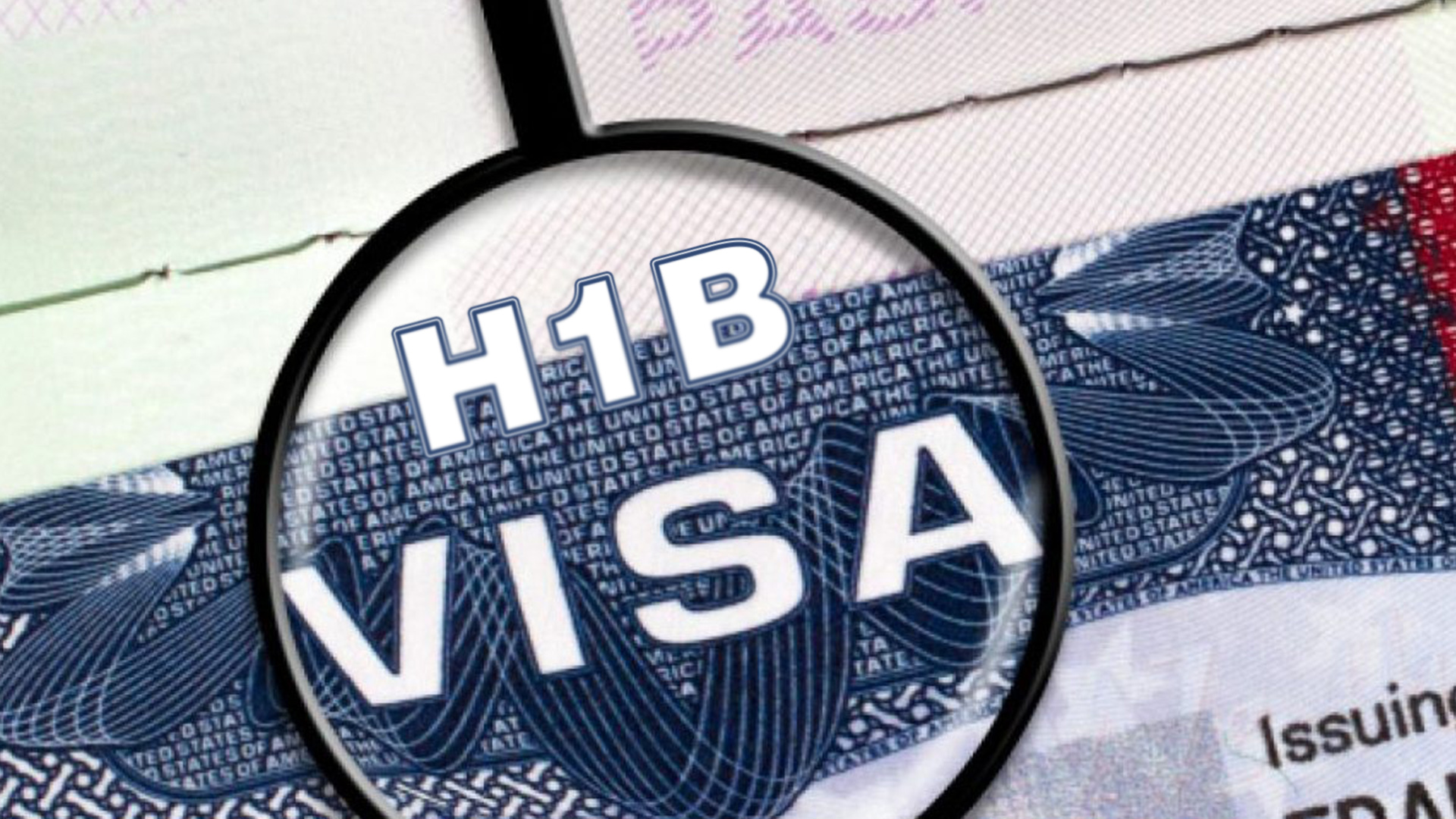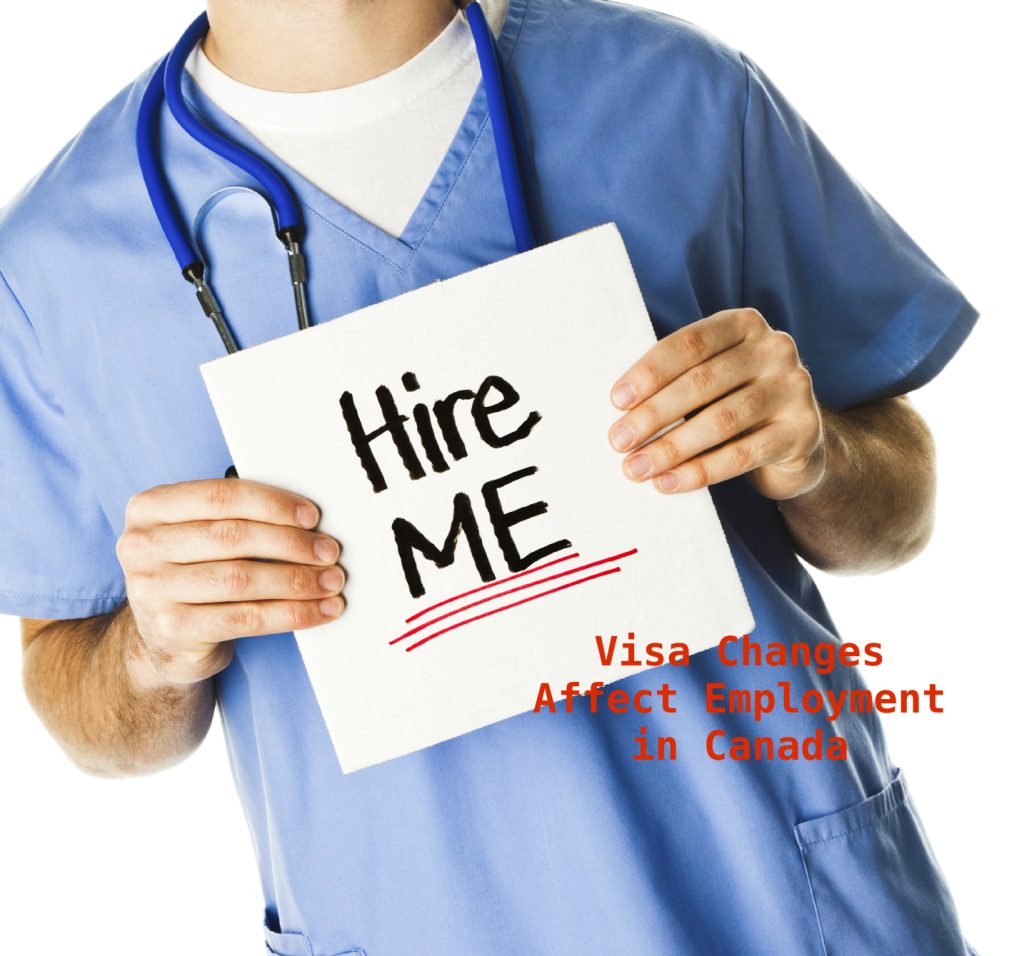
“Buy American, Hire American” executive order by President Trump has made the current administration adhere to policy changes that affect the way H-1B visas are approved or denied. Know how changes in Visa Policies Going to Affect Employment in Canada through this article:
Before we discuss that, first let’s understand the eligibility factor regarding this.
Eligibility requirement of Canadian workers to apply for an H1-B work visa:
Paid a full time devotion for a long time in a bachelor’s or a higher degree or its equivalent to learn the course of specialty occupations, so as to grab that skilled workers profession in US, then a person is eligible for the H-1B visa.
So the minimum requirement for a Canadian worker is a Bachelor’s degree, which automatically conveys that the holder of the degree is qualified enough to do the job and overcome job’s complexities associated with its unique subject and attributes, through the medium of skills possessed and learned by the person.
Changes in Visa Policies Going to Affect Employment in Canada
The degree is fine, what more comes in the eligibility way are the work experience that a Canadian worker gained in relation to the specialty occupation position being offered or applied for, and, other requirements if asked to be fulfilled, like an unrestricted state license, registration, or certification authorizing the Canadian worker to fully practice the particular specialty occupation. Engineers, lawyers, doctors, computer programmers, and accountants, are a few such specialty occupation examples.
The Canadian employment scene once the visa changes come in effect:
The storm of new challenges when applying for an H-1B visa can be felt through the following points:
· For validating and verifying the visa requirement, authorities will demand more documents as proof.
· Increased inquiry over a “specialty occupation” by questioning an entry-level salary for the position offered and the need for a bachelor’s degree in connection with certain jobs
· More research by USCIS over the authenticity of employer and applicant information.
This challenges storm has made Canadian workers worry the H-1B visa allotment process and indeed it is a lost game now. But the Canadian workers are no short of skills and talent. Serving the country with this talent will be fortunate for the country and themselves.
For this the employers can safeguard the talent of Canadians who are denied an H-1B visa, by opting for other alternatives depending on the nature of the business and the background of the employee, like the –
· TN visa
A non-immigrant visa for NAFTA professionals allowing Canadian skilled workers to work in agreed upon business activities for US companies
· L1 visa
Visa for intracompany transferees i.e. Companies can send managers, executives or skilled employees to the US to continue their employment with the same employer, its parent, or a subsidiary.
· Treaty trader/investor (E-1/E-2)
A non-immigrant visa: Allowing Canadians to enter the US for the purpose of engaging in substantial trade or capital investment.
So, I hope you all have an idea as to how Changes in Visa Policies Going to Affect Employment in Canada.

